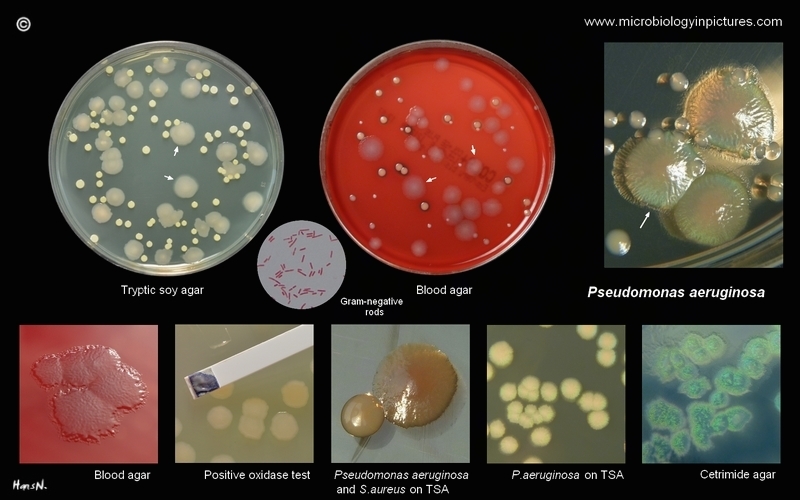Pseudomonas aeruginosa, a ubiquitous bacterium, is of considerable scientific and medical significance. As the major cause of death in cystic fibrosis (CF) individuals and, overall, the second major opportunistic human pathogen in clinics, most P. aeruginosa strains are highly resistant to antibiotics and aggressive strains have been associated with high transmissibility causing increased morbidity and mortality, particularly in CF patients. Using X-ray crystallography as the primary tool and a combination of genetics and biochemical approaches, we will focus on the structural and functional study of a series of P. aeruginosa proteins of unknown function, which were recently identified as essential for its virulence. To focus efforts in structural and functional studies, we have selected from these 250 proteins an initial set of 15 targets. This list will be adjusted if necessary, mainly according to the updated results obtained in our labs and in the literature. Elucidation of the structure and function of these proteins will bring important new knowledge required to understand the physiology of this important pathogen. The achievement of this project will also open the door to the development of new therapeutic approaches targeting the most promising of these virulence factors.



